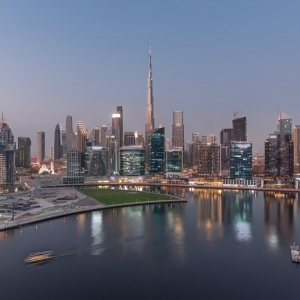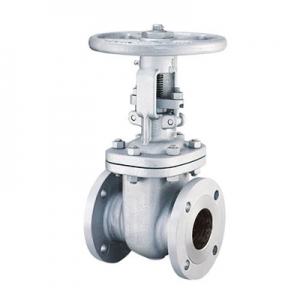In marine environments, whether on offshore oil platforms, chemical tankers, or naval vessels, ensuring the safety of personnel during emergencies is paramount. One of the most critical safety systems in such settings is explosion-proof emergency and exit lighting. These marine explosion-proof lighting systems are specifically engineered to function reliably in hazardous environments that pose risks of fire or explosion due to the presence of flammable gases, vapors, or combustible dust.
The Need for Explosion-proof Lighting in Marine Environments
Marine operations often occur in classified hazardous zones, especially in sectors like offshore oil and gas, chemical transport, or military logistics. In the event of an emergency such as fire, gas leak, power outage, or hull breach, visibility is essential for safe evacuation. Standard lighting systems may fail or even pose ignition risks in these conditions. This is where explosion-proof emergency and exit lighting plays a life-saving role.
Core Features of Explosion-proof Emergency and Exit Lighting
Intrinsically Safe Design
These explosion-proof emergency lights are constructed to contain any internal sparks or flames that could ignite hazardous atmospheres. Housings are typically made from corrosion-resistant materials such as marine-grade aluminum or polycarbonate.

Ingress Protection and Corrosion Resistance
Marine environments are prone to moisture, saltwater exposure, and extreme weather. Explosion-proof lights are sealed to IP66 or higher standards and resist corrosion from salt spray and chemicals.
Battery Backup Functionality
In emergencies where main power fails, integrated battery backup systems provide uninterrupted lighting for extended durations—typically between 90 minutes and 3 hours.
High Visibility with LED Technology
Modern systems use high-lumen, low-wattage LEDs with directional optics to ensure effective visibility in smoke-filled or dark conditions. LED explosion-proof exit lights often include photoluminescent or high-contrast text for clarity.

ATEX and IECEx Certifications
For use in Zone 1 and Zone 2 hazardous areas, these lights meet stringent international standards such as ATEX, IECEx, and UL844.
Common Applications in Marine Settings
Offshore Oil Rigs
Pathways, helidecks, and accommodation modules are equipped with explosion-proof exit signs and emergency floodlights.
Chemical and LNG Carriers
Tanker corridors, control rooms, and engine compartments require lighting that can withstand gas-laden atmospheres.
Naval and Research Vessels
Used in enclosed engine rooms and ammunition storage areas where flammable substances may be present.
Floating Production Units (FPSO)
Emergency lighting is critical in areas such as control rooms, crew quarters, and escape routes.
Key Considerations in System Design
Zoning Requirements
Lighting must be selected based on the hazard classification zone (e.g., Zone 0, 1, or 2), which dictates the risk level and construction requirements.
Mounting Options
Explosion-proof lights are available in wall-mounted, ceiling-mounted, and recessed configurations depending on vessel structure.
Autonomy and Maintenance
Systems must offer long autonomy with minimal maintenance due to the difficulty of frequent inspections in remote marine environments.
Smart Monitoring Integration
Advanced models feature self-testing mechanisms, wireless communication, and integration with vessel-wide emergency systems for real-time fault detection.
Future Trends and Technological Advancements
IoT-Enabled Monitoring
Explosion-proof lights are being integrated into marine IoT ecosystems, allowing predictive maintenance and real-time diagnostics.
Lightweight Composite Housings
Use of carbon-fiber reinforced polymers for reduced weight while maintaining durability.
Energy Efficiency and Solar Backup
Adoption of ultra-low power LEDs and solar-assisted battery systems to reduce energy consumption on green vessels.
Customizable Signage
Modular systems that allow for multilingual or dynamic direction displays to support international crews and changing ship configurations.

Summary
Explosion-proof emergency and exit lighting is a cornerstone of marine safety infrastructure. With increasing focus on offshore safety and stricter global regulations, these solutions are evolving to deliver robust, intelligent, and energy-efficient performance even in the most hazardous marine conditions. Choosing the right lighting system not only ensures regulatory compliance but, more importantly, safeguards lives during critical moments at sea.







